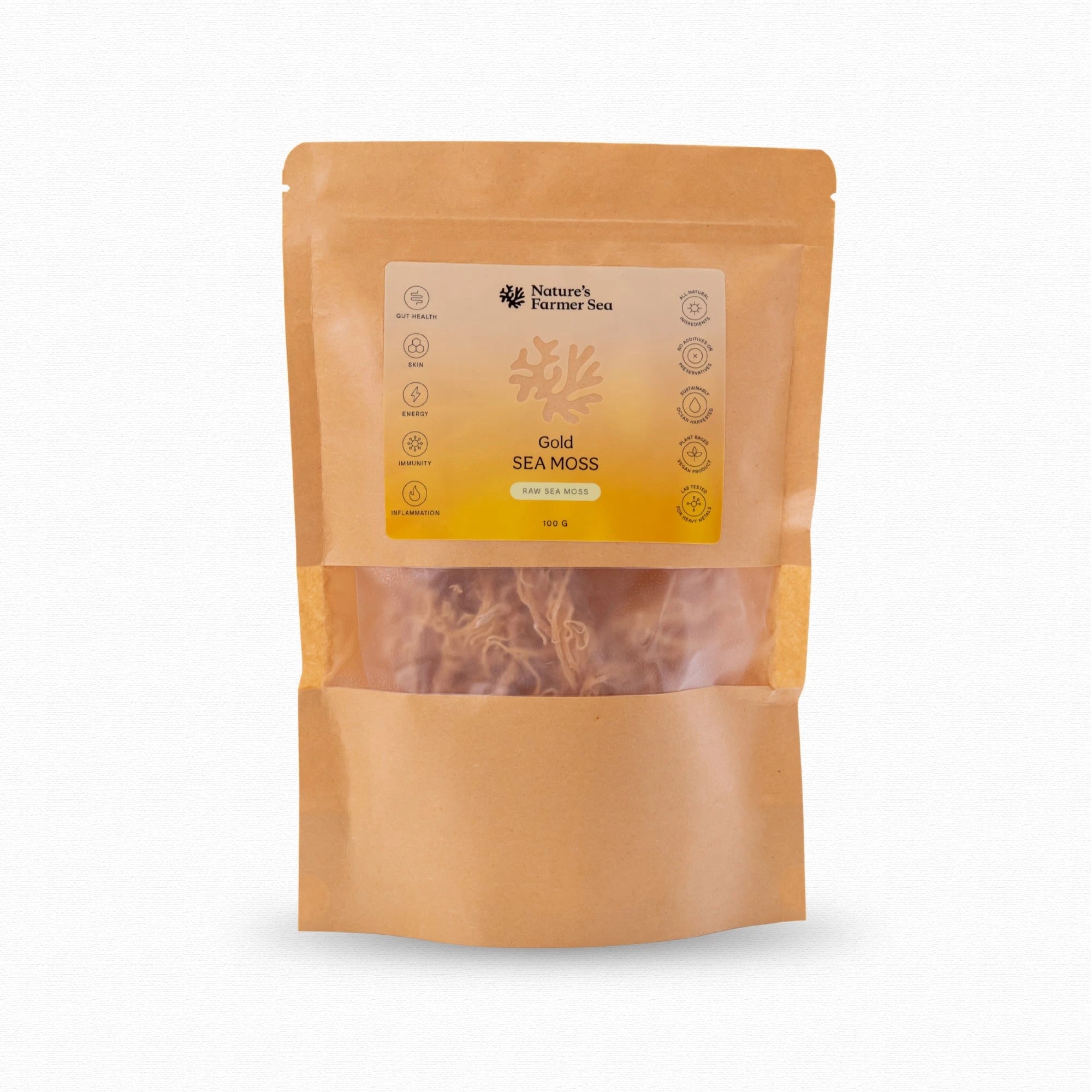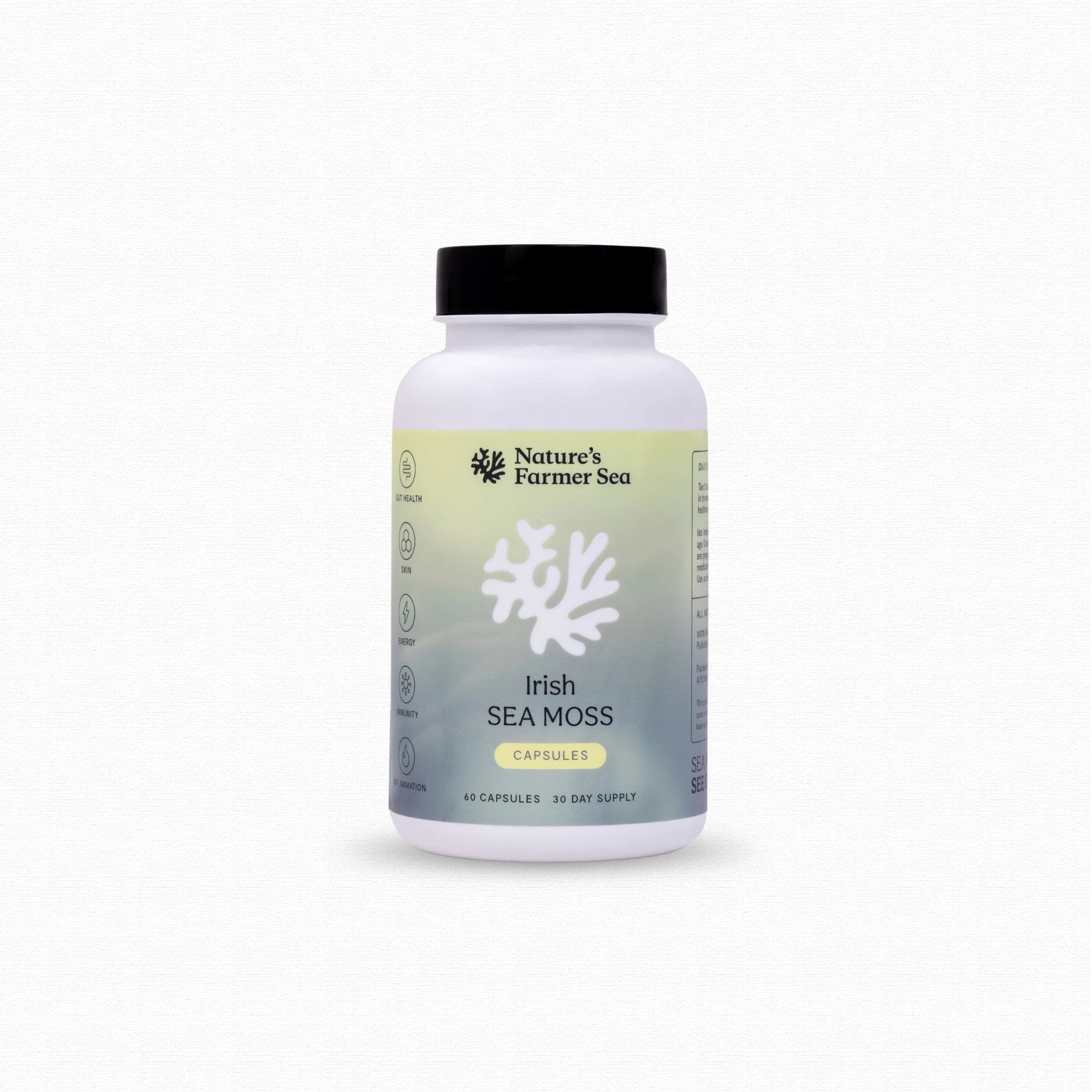September marks PCOS Awareness Month, a vital opportunity to spotlight Polycystic Ovarian Syndrome (PCOS), a condition affecting over 100 million people worldwide. Many people with PCOS encounter frustration when traditional treatments fall short, often being advised to “just lose weight,” “take birth control,” or “come back when you want to get pregnant.” This month, let’s explore how nutrition and lifestyle changes can profoundly impact PCOS management.
Understanding PCOS: A Multifaceted Condition
Polycystic Ovarian Syndrome (PCOS) is a complex and often challenging condition that impacts reproductive, endocrine, and metabolic health. It is characterised by hormonal imbalances, irregular menstrual cycles, and the presence of multiple small ‘cysts’ (partially formed follicles/eggs) on the ovaries. Despite its widespread impact, PCOS often remains underdiagnosed and inadequately managed. As a result, people with PCOS may experience a range of symptoms that can profoundly impact their daily lives.
Common Symptoms of PCOS
PCOS manifests through a range of symptoms affecting various parts of the body. These symptoms include:
- Irregular Periods: Unpredictable menstrual cycles or prolonged periods
- Amenorrhoea: Absence of periods
- Acne: Persistent acne, often on the face, back, and chest
- Mood Changes: Anxiety and depression
- Hair Loss: Thinning hair on the scalp
- Hirsutism: Excessive hair growth on the face and body
- Infertility: Difficulty conceiving
- Miscarriage: Increased risk of miscarriage during pregnancy
- Sleep Issues: Problems such as sleep apnea or insomnia
- Dry Eyes: Reduced tear production leading to dryness
- Fatigue: Persistent tiredness despite adequate rest
Someone with PCOS may not have all of these symptoms. You can learn more about PCOS diagnosis in the Mayo Clinic website*
The precise cause of Polycystic Ovarian Syndrome (PCOS) is unknown, but it is understood that insulin resistance plays a central role in its development and symptoms. Insulin resistance occurs when the body’s cells become less responsive to insulin, resulting in elevated insulin levels in the bloodstream. This imbalance disrupts normal hormone function and exacerbates PCOS symptoms. Managing insulin and blood sugar levels is therefore crucial for addressing PCOS. Additionally, research has connected PCOS to deficiencies in vitamins, particularly Vitamin D, and heightened inflammation, further complicating the condition.
The Crucial Role of Nutrition in Managing PCOS
Given the complex nature of PCOS, nutrition plays an important role in managing its symptoms and promoting overall well-being. Focusing on dietary strategies that address insulin resistance, inflammation, and gut health can help alleviate symptoms and improve quality of life.
Insulin Resistance: A Key Player in PCOS
Insulin resistance is a frequent issue in PCOS that disrupts hormone balance and metabolic function. High insulin levels can worsen PCOS symptoms and impact weight. Effective management of insulin resistance requires a well-balanced diet with consistent meals and snacks. Focusing on a diet with a low glycemic index (GI) can decrease insulin resistance and insulin levels. The GI measures how quickly foods raise blood sugar levels; low-GI foods like whole grains, legumes, and non-starchy vegetables help keep blood sugar stable and improve insulin sensitivity.
To better manage PCOS, aim for balanced meals that include protein, healthy fats, and fibre. This combination helps slow carbohydrate digestion, reducing blood sugar spikes, and supporting overall insulin management. Avoiding extreme dietary restrictions and incorporating a variety of nutrients are key to effectively managing insulin resistance.
Practical dietary adjustments include:
- Incorporating Protein: Protein helps regulate blood sugar levels and promotes satiety. Examples include lean meats, tofu, beans, and legumes.
- Healthy Fats: Sources like avocados, nuts, seeds, and extra virgin olive oil can improve insulin sensitivity and provide essential nutrients.
- Fibre-Rich Foods: High-fibre foods like vegetables, fruits, and whole grains slow carbohydrate digestion and prevent rapid spikes in blood sugar. - Sea Moss is high in fiber and rich in prebiotics that help increase probiotics, good gut bacteria in your gut!
Taming Inflammation Through Diet
PCOS is associated with chronic low-grade inflammation caused by elevated insulin and androgens, which can worsen symptoms. Managing inflammation through diet involves managing insulin resistance (as discussed above), and incorporating foods rich in omega-3 fatty acids and antioxidants. Omega-3 fatty acids, found in fatty fish like salmon and mackerel, help reduce inflammation. Antioxidants, present in colourful fruits and vegetables, combat oxidative stress that contributes to inflammation.
Anti-inflammatory foods include:
- Fatty Fish: Such as salmon, sardines, and mackerel
- Nuts and Seeds: Including flaxseeds, chia seeds, and walnuts
- Fruits and Vegetables: Especially berries, leafy greens, and capsicum
- Herbs and Spices: Including turmeric, ginger, garlic, and cinnamon
Boosting Antioxidants:
- Berries: Blueberries, strawberries, and raspberries are rich in antioxidants
- Green Leafy Vegetables: Spinach, kale, and silverbeet help reduce inflammation
Nourishing Gut Health for PCOS Management
The gut microbiome, often referred to as the body’s "second brain," plays a crucial role in overall health, including hormone regulation. PCOS has been linked to an imbalance in gut microbiota, which is influenced by inflammation and elevated androgens. Lower diversity in gut bacteria is associated with higher androgen levels.
To support a healthy gut microbiome and, consequently, better hormone regulation in PCOS, individuals should focus on a diverse diet rich in plant-based foods. Incorporating fermented foods, raw fibre, antioxidants, omega-3 fatty acids, soy products, and organic whole foods can enhance gut health. Additionally, including prebiotics and probiotics in the diet helps maintain a balanced and diverse gut microbiota.
Practical Nutrition Goals for Managing PCOS
To effectively manage PCOS, it’s helpful to establish specific nutrition goals. Here are three key objectives:
- Improve Insulin Resistance
- Don’t Skip Breakfast: Begin your day with a protein-rich meal to help regulate insulin levels and maintain steady energy throughout the day.
- Balanced Meals: Aim for a mix of protein, healthy fats, and fibre in each of your meals and snacks to help regulate blood sugar.
- Avoid Unnecessary Restrictions: Restrictive diets can lead to overeating or binge eating, worsening insulin resistance.
- Consider Glycemic Load: Prioritizing foods with a low glycemic load helps manage blood sugar more effectively, leading to more stable insulin levels and improved overall metabolic health.
- Reduce Inflammation
- Incorporate Omega-3 Fatty Acids: Include sources of omega-3 fatty acids, such as fatty fish (like salmon and mackerel), flaxseeds, and walnuts, to help counteract inflammation and promote overall health.
- Add Antioxidant-Rich Foods: Eat a variety of colourful fruits and vegetables, such as berries, leafy greens, and capsicum, which are high in antioxidants that can help reduce oxidative stress and inflammation in the body.
- Use Anti-Inflammatory Herbs and Spices: Including herbs and spices like turmeric, ginger, and garlic, as they have natural anti-inflammatory properties that can help lower inflammation and support immune function. Check out the Natures Farmer Sea ‘Ginger Ninja’ Sea Moss Gel here.
- Support Gut Health
- Consume Fermented Foods: Such as yogurt, kefir, sauerkraut, and kimchi, which contain beneficial probiotics.
- Eat a Varied Diet: Focus on diverse plant foods, including fruits, vegetables, whole grains, and legumes, to promote gut microbiota diversity. Studies suggest that diets with 30 or more different plant foods per week can lead to a more diverse microbiome.
- Incorporate Prebiotics: Foods like garlic, onions, and bananas support healthy gut bacteria.
- Introduce changes gradually to give your gut microbes time to adjust, and make sure to stay well-hydrated to minimise any potential digestive discomfort.
Take-Home Tips for Managing PCOS through Nutrition
In summary, implementing dietary changes that support insulin sensitivity, decrease inflammation, and promote gut health can significantly benefit individuals with PCOS. Here are some practical tips to consider:
- Eat regular balanced meals and snacks: Eating enough, and making sure meals and snacks include a balance of protein, fibre, and fat.
- Make Low-GI Swaps: Choosing low-GI foods can help regulate blood sugar levels and improve insulin sensitivity. Swapping high-GI foods for low-GI alternatives can be a simple and effective dietary strategy for managing PCOS.
- Include Omega-3-Rich Foods: Consuming fatty fish at least twice a week or supplementing with high-quality fish oil can provide a beneficial dose of omega-3 fatty acids, known for their anti-inflammatory properties.
- Eat the Rainbow: Incorporating a diverse range of colourful fruits and vegetables into the diet can provide a spectrum of essential vitamins, minerals, and antioxidants that support overall health and help combat inflammation associated with PCOS.
- Vitamin D may be Key: Consider having your Vitamin D levels tested and take steps to address any deficiencies through supplementation and/or adequate sunlight exposure.
- Nature's Farmer Sea Moss is a multifaceted ally that helps those struggling with PCOS Its iodine-rich content supports thyroid function, fibre nourishes the gut microbiome, and antioxidants combat inflammation, offering a holistic approach to enhancing hormonal health naturally.
By focusing on these nutrition goals and practical tips, individuals with PCOS can take proactive steps towards managing their symptoms and enhancing their overall well-being through mindful and targeted dietary interventions. It's crucial to consult with healthcare professionals, including dietitians, to develop personalised dietary plans that cater to individual needs and support the management of PCOS.
This PCOS awareness month is the perfect time to reassess PCOS management and explore the profound impact that nutrition and lifestyle can have on health. By adopting a balanced and varied diet, reducing inflammation, and supporting gut health, significant strides can be made in managing PCOS symptoms and improving quality of life.
Blurb:
Jess Parkinson is a Dietitian with a Bachelor of Health Sciences and Master of Nutrition and Dietetic Practice. She is passionate about improving health and quality of life through nutrition, with a special interest in reproductive, gut, and mental health.
Citations
Albardan, L., Platat, C., & Kalupahana, N. S. (2024). Role of omega-3 fatty acids in improving metabolic dysfunctions in polycystic ovary syndrome. Nutrients, 16(17), 2961. https://doi.org/10.3390/nu16172961
Better Health Channel. (2022, June 30). Antioxidants. https://www.betterhealth.vic.gov.au/health/healthyliving/antioxidants
PCOS - causes & symptoms. (2023, May 29). Jean Hailes. https://www.jeanhailes.org.au/health-a-z/pcos/symptoms-causes
Gu, Y., Zhou, G., Zhou, F., et al. (2022). Life modifications and PCOS: Old story but new tales. Frontiers in Endocrinology, 13, 808898. https://doi.org/10.3389/fendo.2022.808898
Mohan, A., Haider, R., Fakhor, H., et al. (2023). Vitamin D and polycystic ovary syndrome (PCOS): A review. Annals of Medicine and Surgery, 85(7), 3506-3511. https://doi.org/10.1097/MS9.0000000000000879
Moghetti, P. (2016). Insulin resistance and polycystic ovary syndrome. Current Pharmaceutical Design, 22(36), 5526-5534. https://doi.org/10.2174/1389201619666151008123326
Orisaka, M., Mizutani, T., Miyazaki, Y., Shirafuji, A., Tamamura, C., Fujita, M., ... & Yoshida, Y. (2023). Chronic low-grade inflammation and ovarian dysfunction in women with polycystic ovarian syndrome, endometriosis, and aging. Frontiers in Endocrinology, 14, 1324429. https://doi.org/10.3389/fendo.2023.1324429
Patel, S. (2018). Polycystic ovary syndrome (PCOS), an inflammatory, systemic, lifestyle endocrinopathy. The Journal of Steroid Biochemistry and Molecular Biology, 182, 27-36. https://doi.org/10.1016/j.jsbmb.2018.05.015
Radulian, G., Rusu, E., Dragomir, A., et al. (2009). Metabolic effects of low glycaemic index diets. Nutrition Journal, 8, 5. https://doi.org/10.1186/1475-2891-8-5
Sheehan, M. T. (2004). Polycystic Ovarian Syndrome: Diagnosis and Management. Clinical Medicine & Research, 2(1), 13–27. https://doi.org/10.3121/cmr.2.1.13
Sun, Y., Gao, S., Ye, C., & Zhao, W. (2023). Gut microbiota dysbiosis in polycystic ovary syndrome: Mechanisms of progression and clinical applications. Frontiers in Cellular and Infection Microbiology, 13, 1142041. https://doi.org/10.3389/fcimb.2023.1142041
Mayo Clinic. https://www.mayoclinic.org/diseases-conditions/balance-problems/doctors-departments/ddc-20350478




